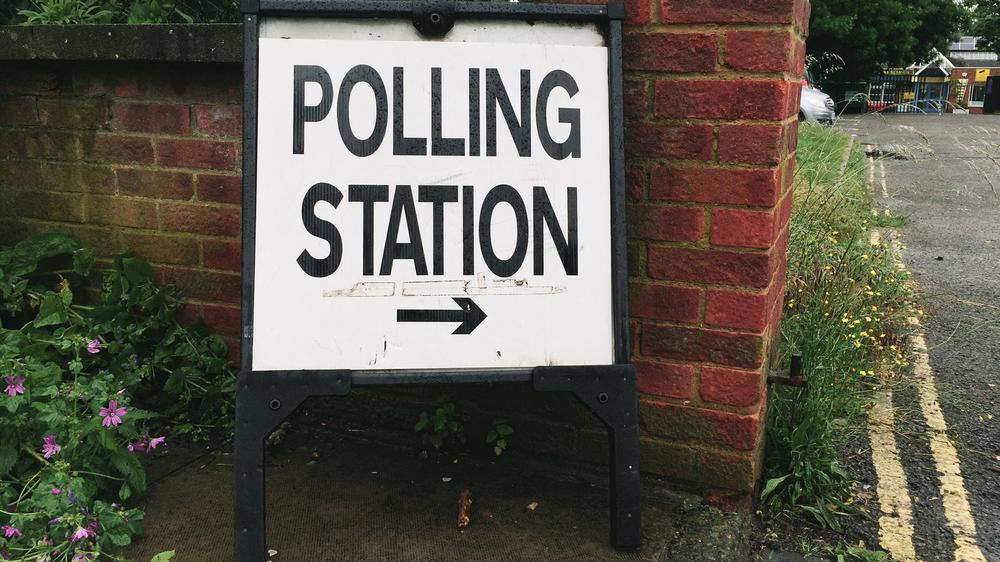
Brexit: key risks and opportunities for the environment and climate change
The UK's current legal commitment to tackle climate change is unaffected for now, but a Brexit raises significant questions about how the UK will work with the EU to decarbonise society post Paris Agreement and adapt to climate change.
UK voters have opted by a small majority to leave the European Union. In these uncertain times, the need for clear thinking informed by impartial evidence is at its greatest. The Tyndall Centre is firmly committed to producing evidence to inform societal debate and response to climate change. Tyndall's Professor Andy Jordan of the University of East Anglia (UEA) and colleagues have published an extensive report in April which detailed the key risks and opportunities of a Brexit for the environment, energy, climate change and fisheries. Prof Jordan also served as a specialist advisor to the House of Commons, which produced a detailed review of EU-UK relations in April.
Prof Jordan said: "UK policy makers and academics are accustomed to thinking that climate, energy and environmental policy will be made jointly with the EU. The result of the referendum flips that assumption completely on its head. The referendum campaign may now be over, but the hard political debates the future direction of policy start now."
As the UK begins the complex task of decarbonising society in the context of a very fluid and uncertain governance landscape, the Tyndall Centre will continue to be a source of impartial and authoritative evidence to guide decision makers in the UK, Europe and globally.
Review and Executive Summary
Image Credit: "Brexit" by Markus Unger is licensed under CC BY 2.0
